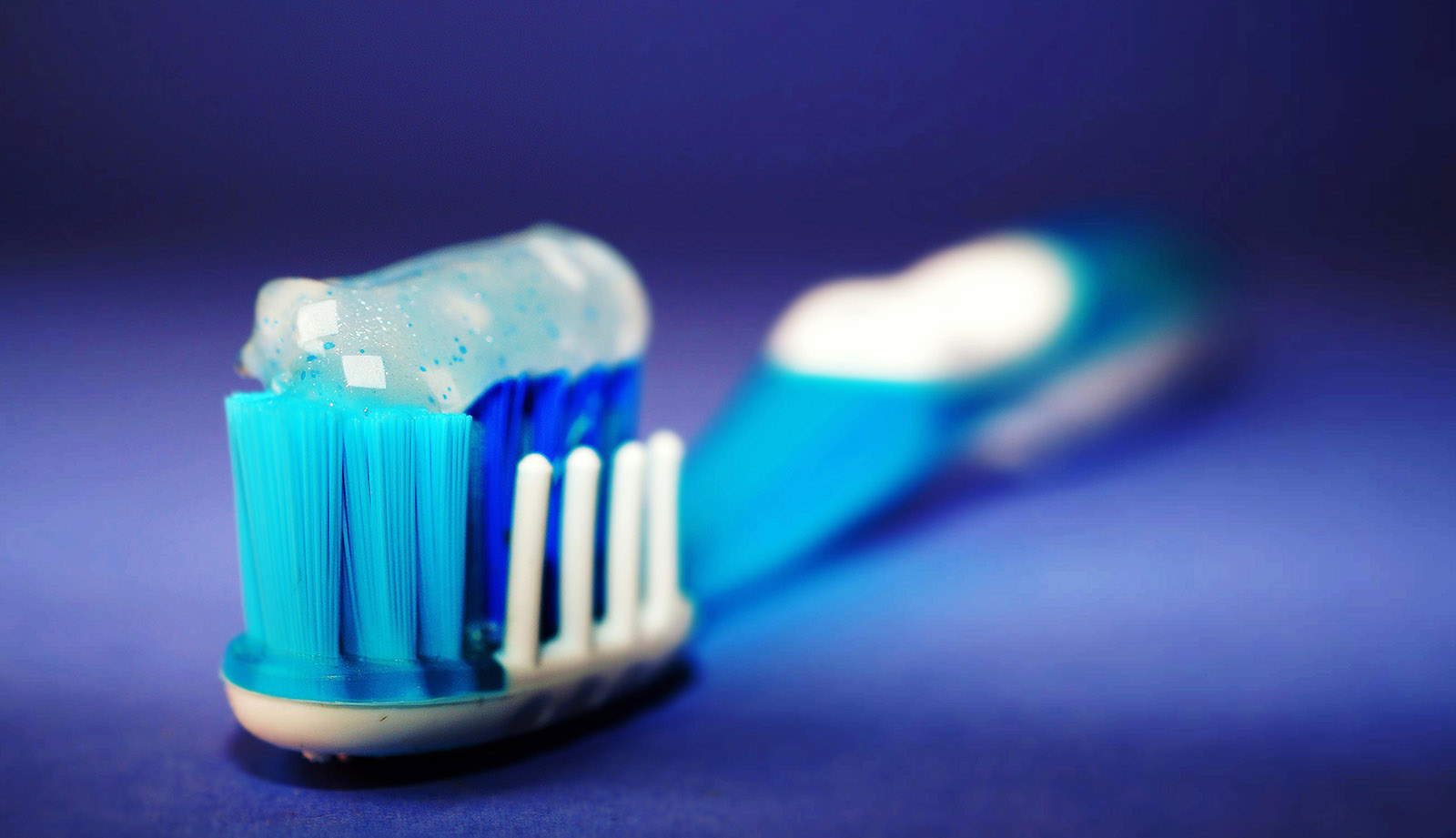
What should I look for in a toothbrush?
Here is our guide to what you need to look for to help you make the right decision.
- Head Size: You will see a range of brush heads available, but by choosing a small-headed brush you will have better access to the parts of your mouth that can be trickier to access. For this reason, many dentists also advocate a round-headed toothbrush, as there are no additional angles to contend with!
- Bristle Firmness: Hard or soft bristles is another common debate among consumers, with many wrongly believing that firmer bristles will do a better job of cleaning your teeth. In fact, firm bristles can actually damage your teeth and gums. Instead opt for soft bristles which will be just as effective at cleaning your teeth, and will do so without irritating your gums or contributing to a receding gum line.
- Bristle Thickness: The thickness and smoothness of an individual bristle varies in different brands and different toothbrushes. The bristle should have a rounded and smooth head to prevent injury to gums. Very slim bristles are available in some toothbrushes as well, and some find that those are much more effective in cleaning the interdental spaces.
- Bristle Design: Bristle design is equally important when it comes to choosing your toothbrush. An increasing number of manufacturers are now producing heads with varying size bristles interspersed, which is very useful for getting into the deeper gaps between teeth and those hard-to-reach locations.
- Handle Grip: When you consider that you should brush your teeth for at least the recommended two minutes every time, a handle with a comfortable and secure grip should be a priority. There are lots of shapes and varieties available, so just pick whichever makes cleaning your teeth easiest for you.
